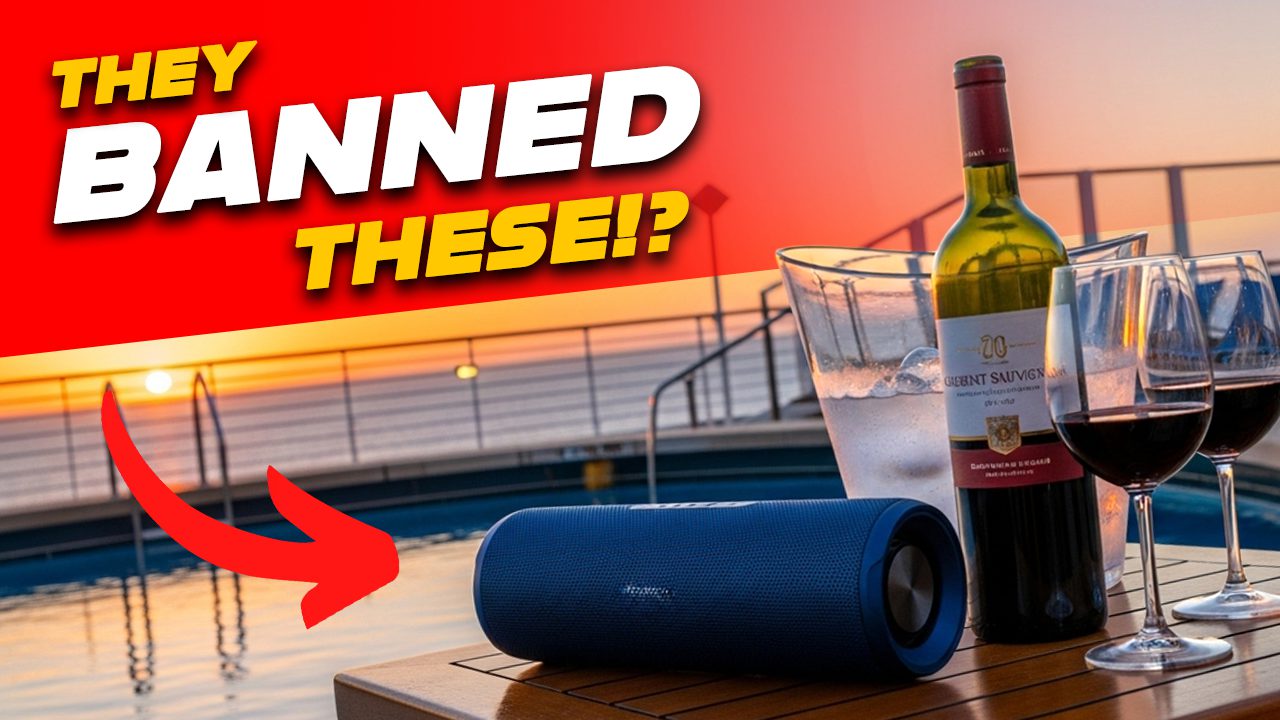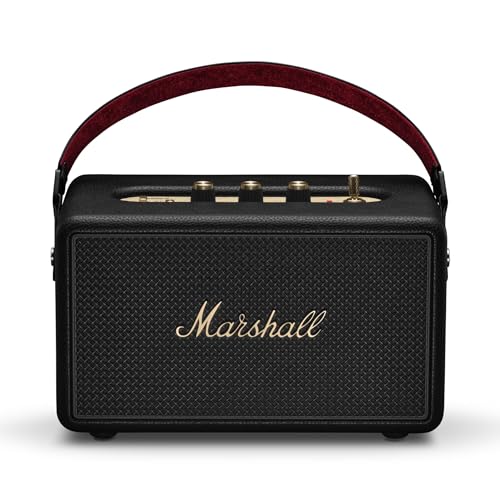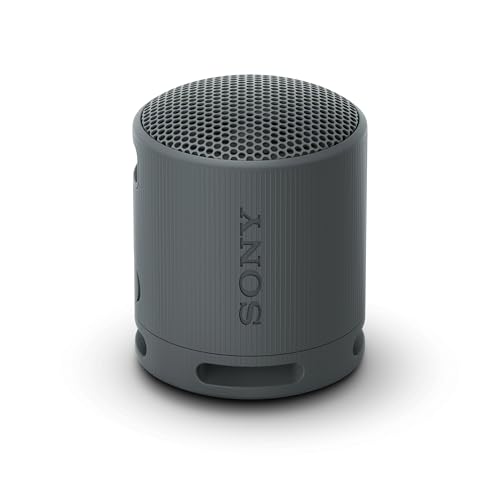Pack your bags, but maybe leave half your stuff at home. Cruise lines dropped a bunch of new restrictions this year that’ll catch even seasoned sailors off guard. Some bans make perfect sense (nobody needs a flamethrower poolside), while others feel like your overly cautious aunt wrote the rules.
These aren’t your typical “no weapons” policies—we’re talking everyday items that suddenly became contraband. Let’s break down what got the boot and why cruise directors are suddenly treating your Bluetooth speaker like it’s radioactive.
11. Bluetooth Speakers
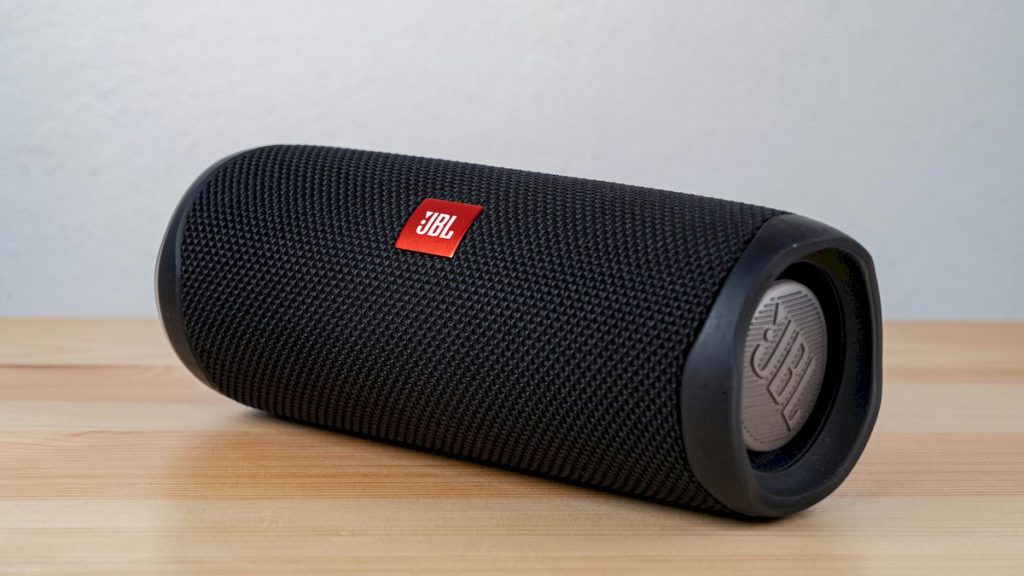
Your poolside playlist just got awkwardly silent.
Carnival Cruise Line went full ban-hammer on Bluetooth speakers this year, even banning them from cabins. The official reason? Emergency announcements need to cut through the noise, and nothing drowns out “abandon ship” quite like someone blasting yacht rock at max volume. It’s like trying to have a serious conversation during a house party—somebody’s gotta turn down the music.
Anyone who’s been to a pool party knows how quickly portable speakers turn into a volume arms race. Cruise lines decided they’d rather deal with complaints about boring poolsides than miss delivering life-saving announcements to passengers lost in their own personal concert.
10. Personal Satellite Devices

Your Starlink dreams just hit rough waters.
Personal satellite systems like Starlink got the axe because they mess with ship communication systems. Think of it like bringing your own Wi-Fi router to a coffee shop and wondering why everyone’s internet suddenly sucks. Ships need clear communication channels for navigation and emergency contact—your personal satellite setup isn’t worth risking a maritime disaster.
The ban extends to any device that shares Wi-Fi connections, which means your clever workarounds probably won’t work either. Cruise lines would rather you complain about slow ship internet than accidentally jam the captain’s GPS during a storm.
9. Walkie-Talkies and Baby Monitors
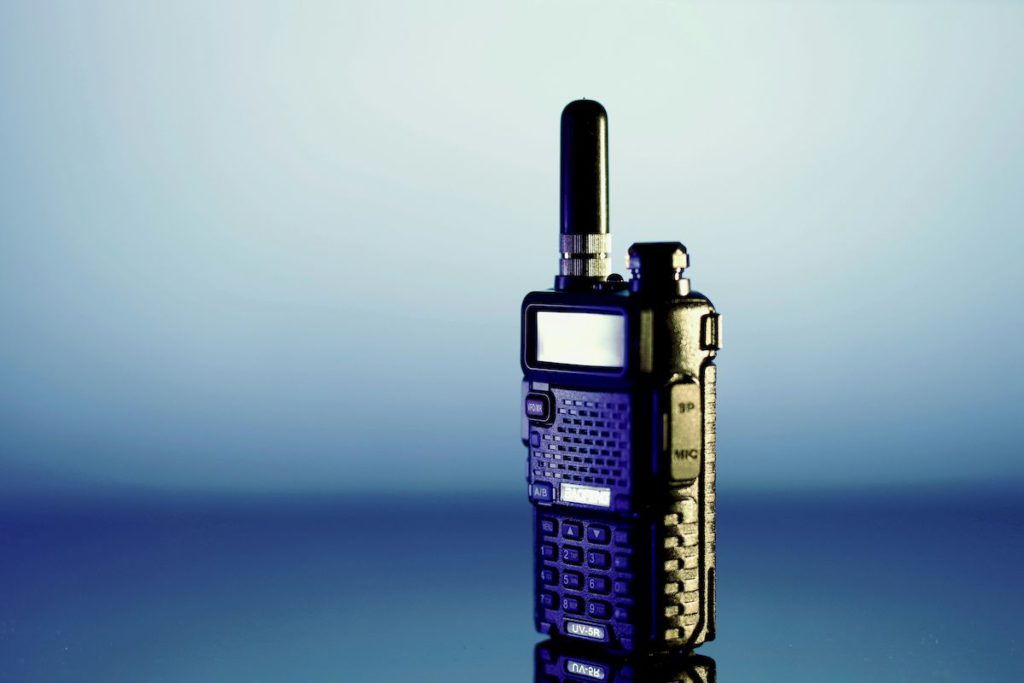
Family coordination just got more complicated.
These innocent communication devices earned a spot on the banned list because they can interfere with emergency communication systems. It’s the electronic equivalent of shouting over the fire department’s radio during an emergency—not exactly helpful when lives are on the line.
Parents planning to track wandering kids with walkie-talkies will need to stick with old-school methods like actually keeping an eye on them. The ship’s crew uses specific radio frequencies for safety operations, and your family’s channel-hopping adventure could cause serious problems.
8. Boxed Wine and Extra Liquor
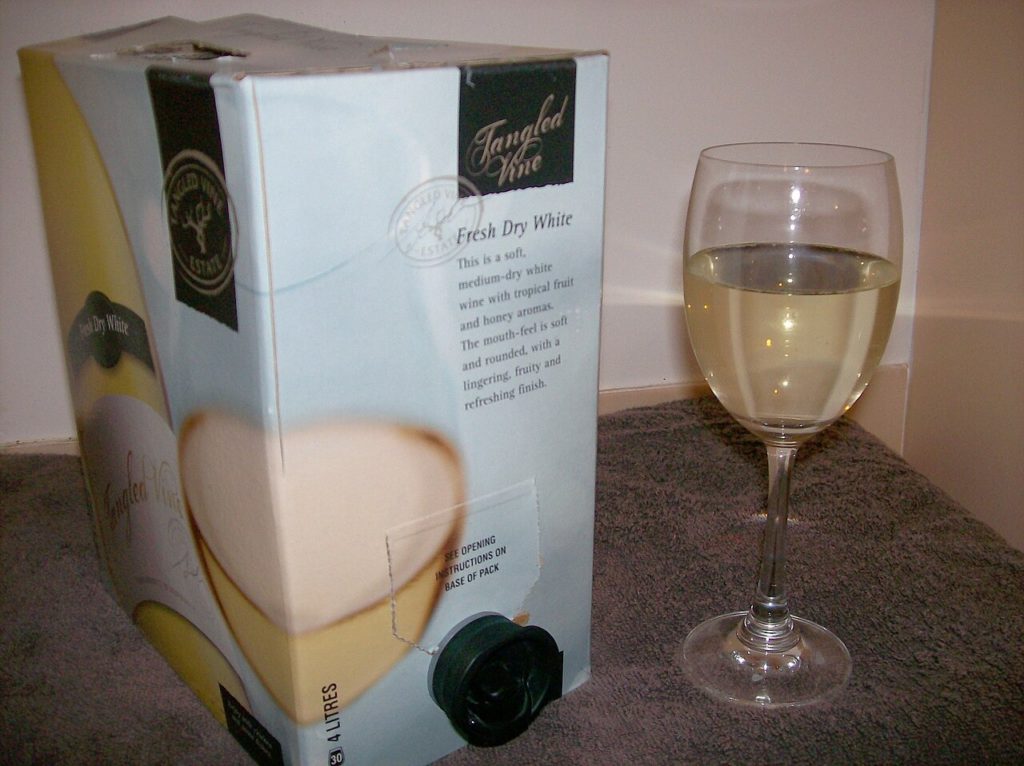
Your wine-in-a-bag strategy got discovered.
Most cruise lines tightened restrictions on boxed wine and liquor beyond the standard bottle-per-adult allowance. The reasoning? Boxed wine is harder to inspect for tampering, and frankly, it’s easier to sneak in extra alcohol when it’s disguised as juice boxes.
Security teams got tired of playing “guess what’s actually in this container” during boarding inspections. Anyone who’s tried to explain why their “apple juice” smells suspiciously like merlot knows this conversation was bound to happen eventually.
7. Heating Devices
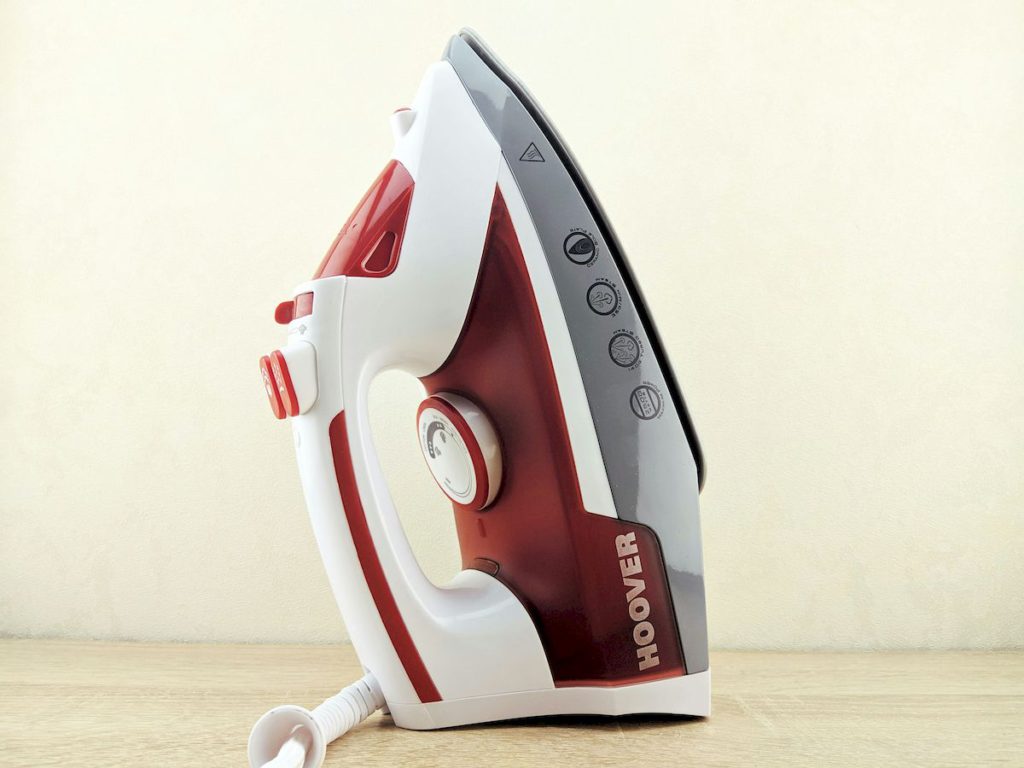
Your wrinkle-fighting arsenal stays home.
Irons, steamers, and heating blankets joined the fire hazard hall of fame this year. Ships already deal with enough potential ignition sources without passengers bringing their own portable heat generators. It’s like adding gasoline to a campfire—technically possible, but definitely not recommended.
Most cruise ships offer laundry services or wrinkle-release spray for sale, which is their not-so-subtle hint that you should let the professionals handle anything involving heat and fabric. Your vacation photos will survive a few wrinkles better than the ship would survive an electrical fire.
6. Drones and Remote Control Devices
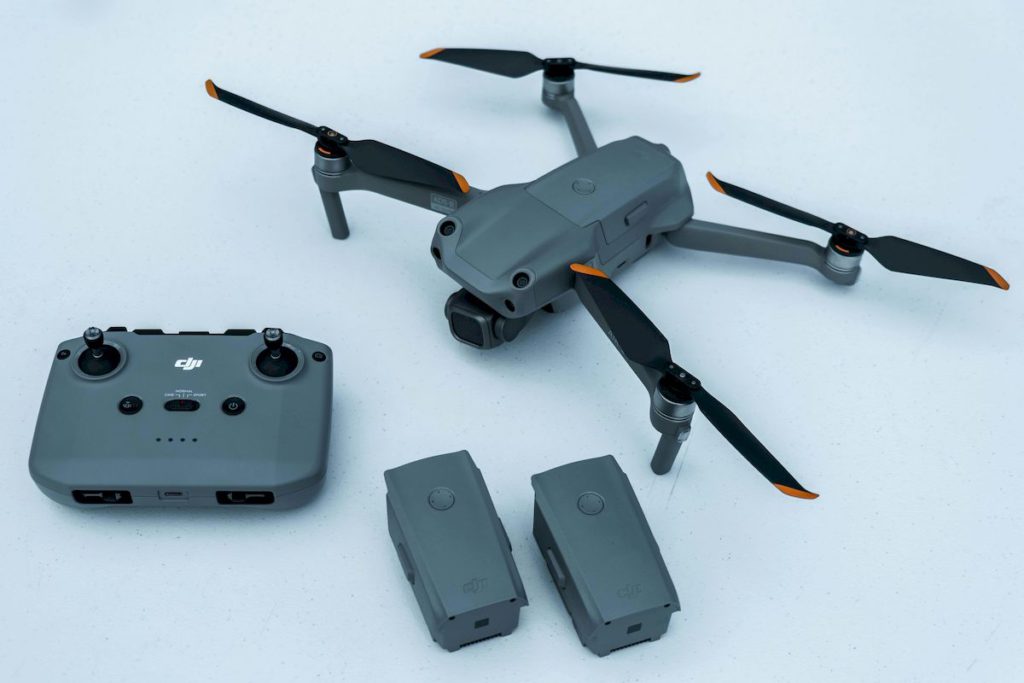
Your aerial photography dreams are grounded.
Drones got heavily restricted or completely banned to prevent unauthorized use and potential interference with ship operations. Picture trying to navigate a massive vessel while someone’s toy helicopter buzzes around the bridge—it’s about as helpful as a toddler “helping” with surgery.
The ban extends to most remote control devices, which means your plans to race RC cars on the upper deck just got torpedoed. Between privacy concerns and operational safety, cruise lines decided remote-controlled anything wasn’t worth the headache.
5. Inflatable Pool Toys

Pool noodle enthusiasts, prepare for disappointment.
Most cruise ships declared their pools “no float zones,” banning pool noodles and inflatable toys for safety reasons. Crowded ship pools with floating obstacles create a recipe for accidents that makes water park liability lawyers break out in cold sweats.
The ban makes sense when you consider how quickly a relaxing pool becomes a bumper car arena once inflatable unicorns enter the equation. Anyone who’s tried navigating a community pool during peak hours knows that adding floating obstacles to the mix rarely improves the experience.
4. Non-Reef Safe Sunscreen
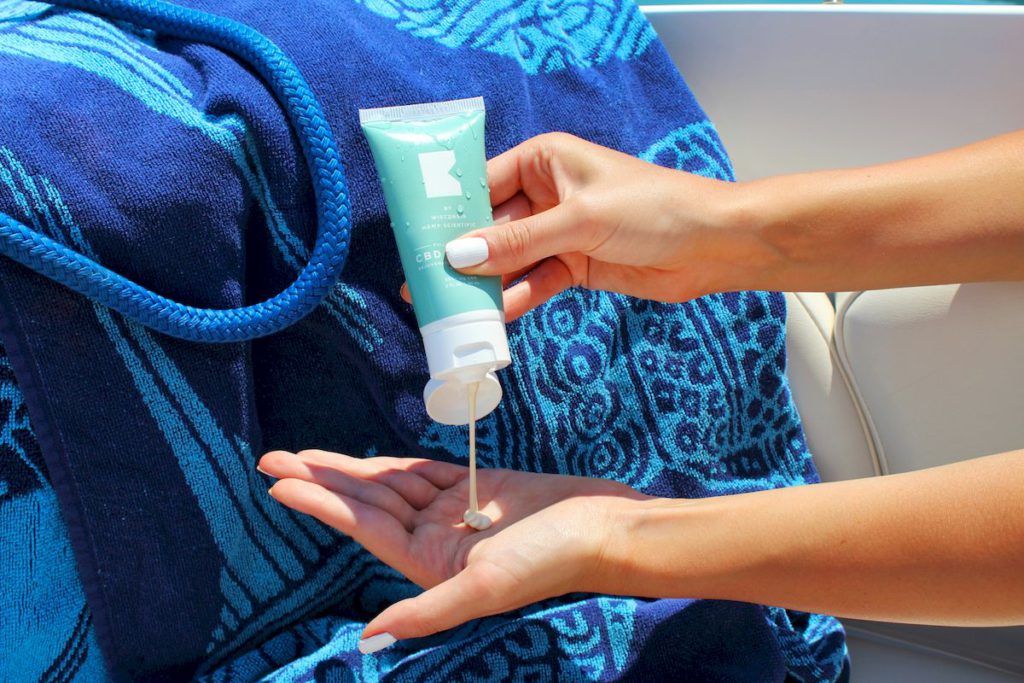
Your SPF just failed an environmental audit.
Some ports banned sunscreens containing chemicals harmful to coral reefs, forcing passengers to switch to reef-safe alternatives. It’s like discovering your favorite shampoo has been secretly poisoning fish—suddenly your beauty routine needs an environmental impact statement.
The restrictions vary by destination, but cruise lines started recommending reef-safe options to avoid port-specific confiscations. Better to pack the right sunscreen than explain to customs why your chemical-laden SPF 50 poses a threat to marine ecosystems.
3. CBD Products

Your wellness routine hit international legal turbulence.
Despite CBD legality in many regions, cruise ships banned these products due to international maritime laws. Ships cross multiple jurisdictions during voyages, and what’s legal in your departure port might be contraband at your next stop.
Maritime law operates like a strict teacher who doesn’t care about your state’s progressive policies—international waters mean international rules. Anyone banking on CBD for sea sickness relief will need to explore other options or risk serious legal complications.
2. Satellite Internet Hotspots
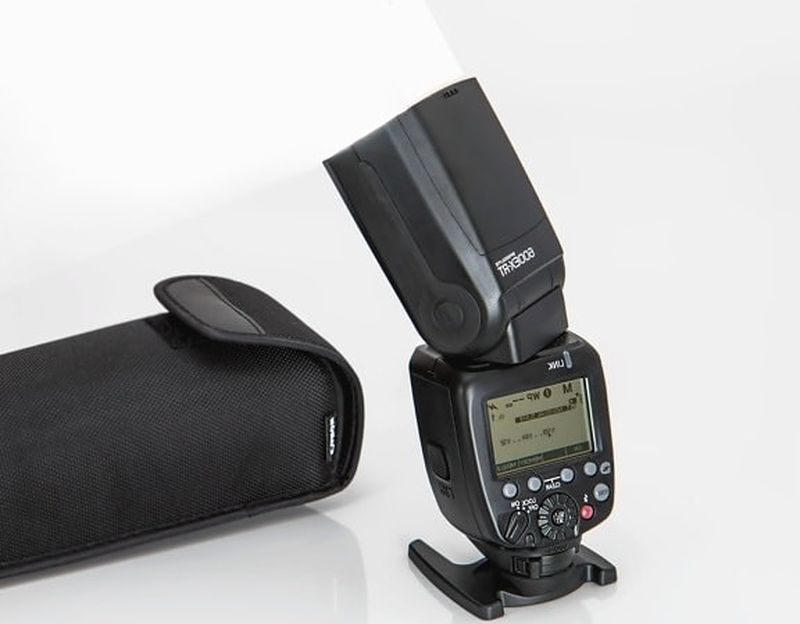
Your backup internet plan got disconnected.
Personal satellite internet devices joined the communication interference blacklist alongside their bigger satellite cousins. Ships maintain carefully managed internet systems, and rogue hotspots can disrupt everything from navigation to crew communications.
The ban affects those portable internet devices that seemed like perfect solutions for staying connected during sea days. Turns out cruise ships prefer controlling their own digital infrastructure rather than dealing with passengers’ DIY internet experiments.
1. Large Coolers and Ice Chests
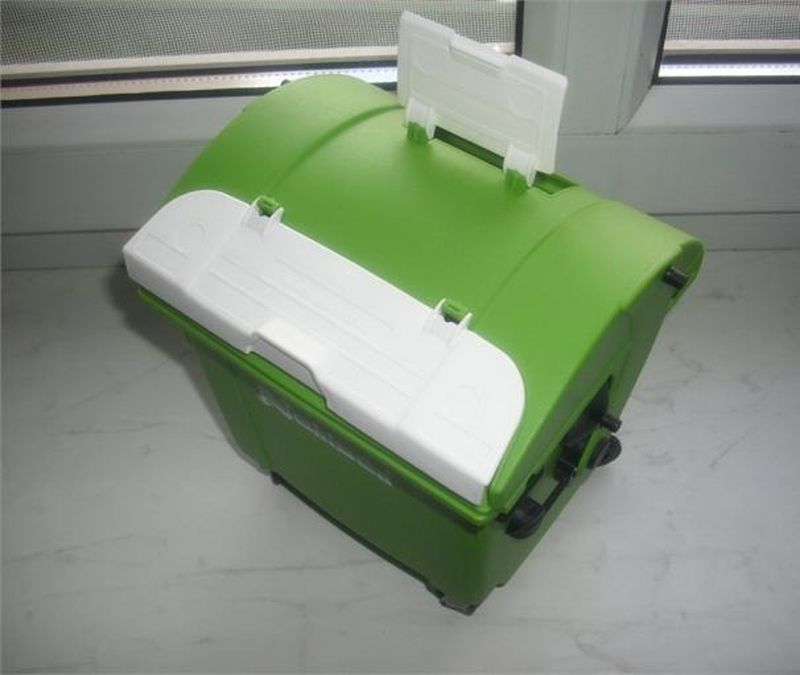
Your beverage smuggling operation needs downsizing.
Oversized coolers got restricted not just for space reasons, but because they’re prime real estate for hiding prohibited items. Security teams got tired of playing treasure hunt through coolers the size of apartment refrigerators during embarkation.
Most cruise lines still allow small soft-sided coolers for medications and baby supplies, but your plans to bring a week’s worth of drinks in a cooler that requires its own luggage cart just got iced. The restrictions force passengers to actually engage with onboard dining and beverage services—imagine that.


